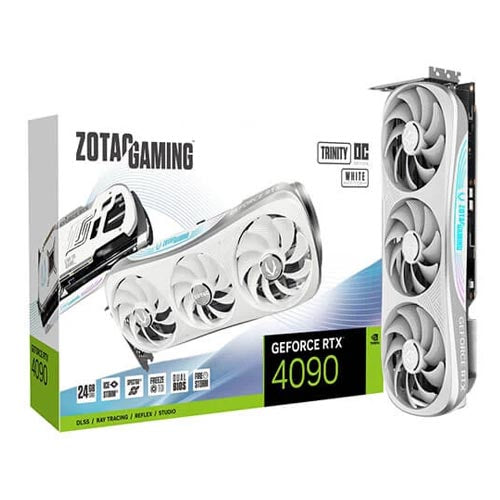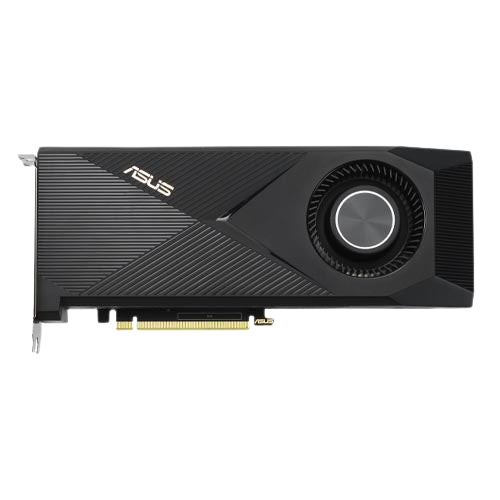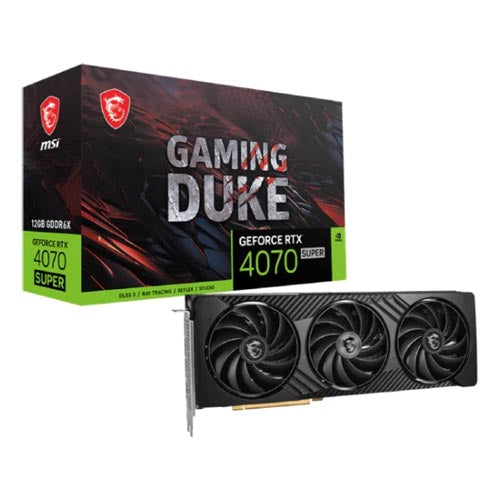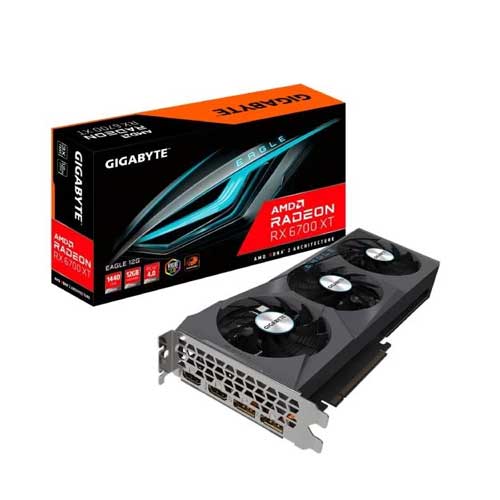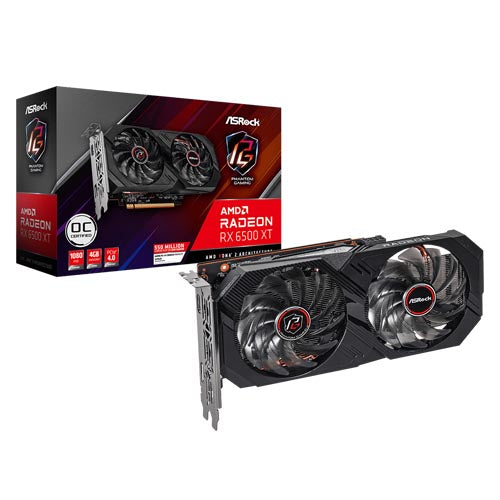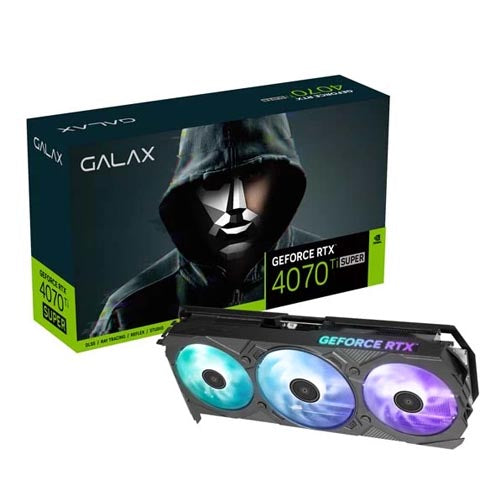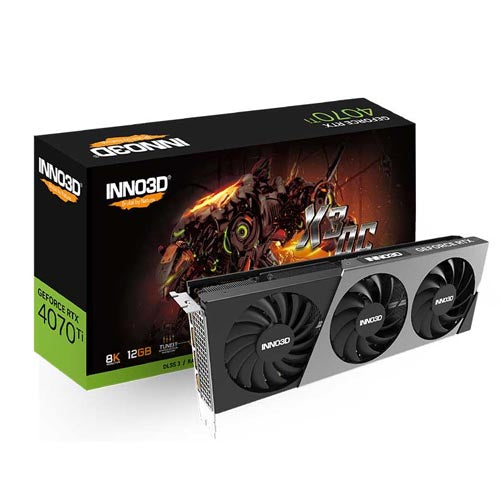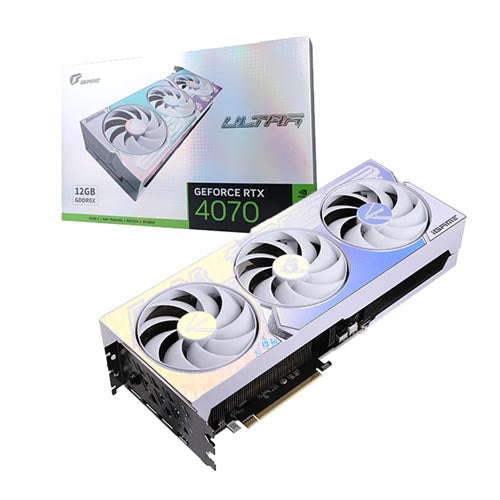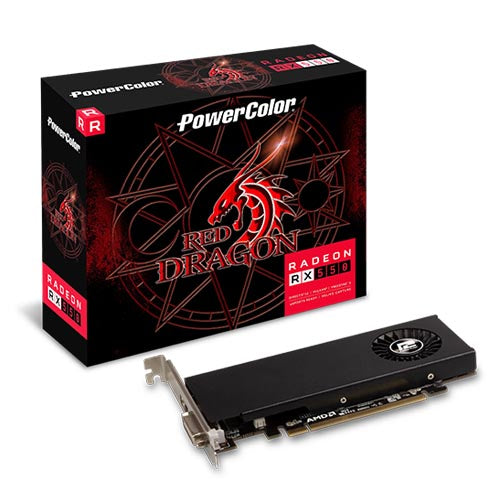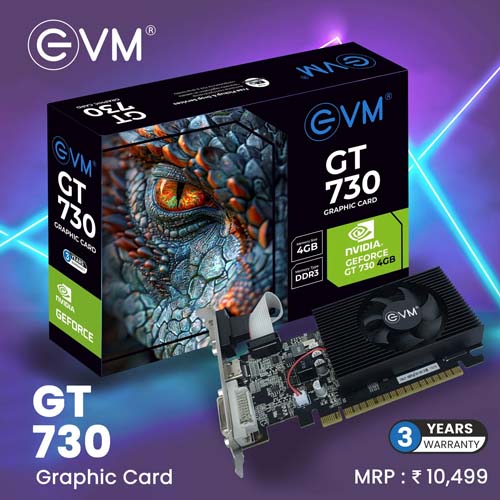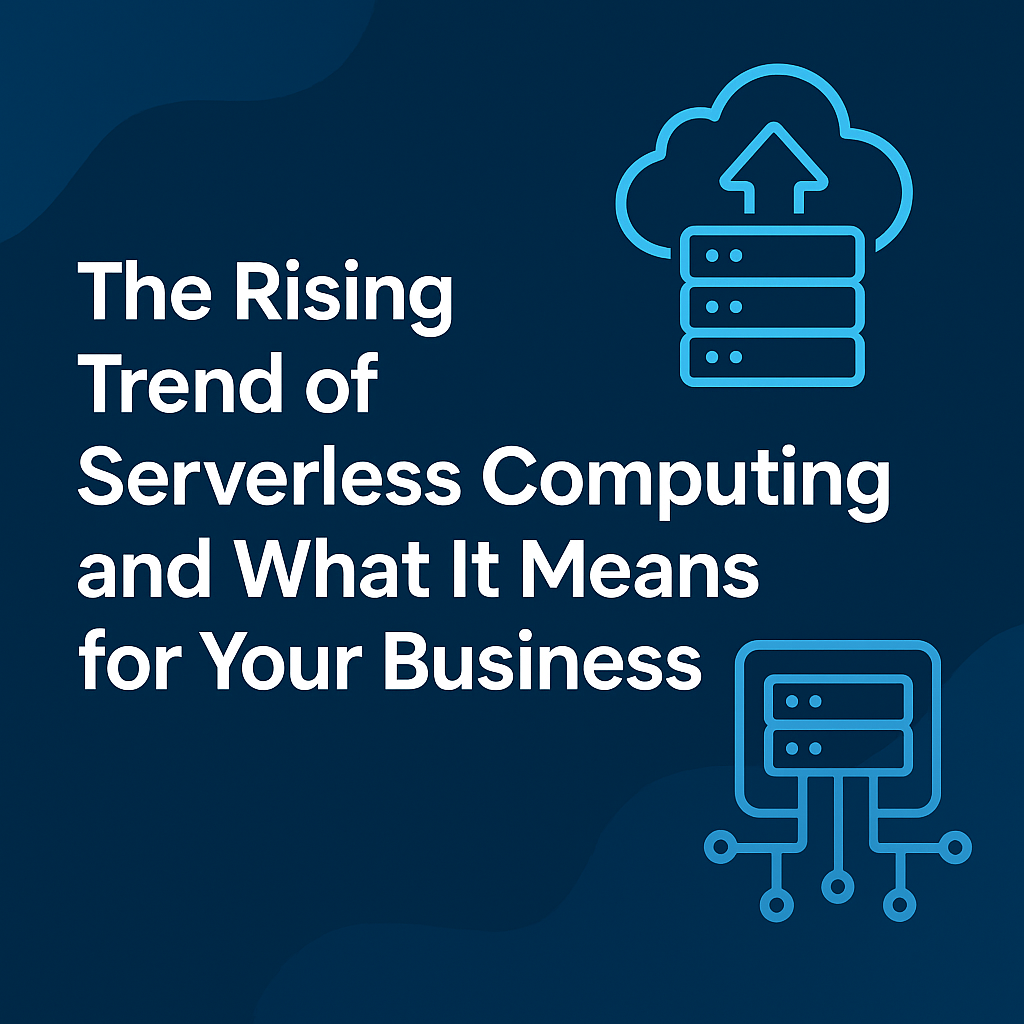In today’s fast-evolving data-driven ecosystem, businesses—whether startups, SMBs, or enterprises—rely heavily on robust, scalable server infrastructure. However, investing in brand-new servers can significantly dent IT budgets. This is where refurbished servers step in as a viable, cost-effective alternative.
But while buying refurbished servers is budget-friendly, it demands thorough technical due diligence to avoid performance bottlenecks, hidden faults, or future compatibility issues.
This comprehensive technical checklist will guide you through the essential aspects you need to evaluate—ranging from CPU generations and memory standards to RAID controllers and support SLAs.
🛠️ Server Use-Case Evaluation
Before jumping into specifications, define the workload type:
- Virtualization/Hyperconverged setups → Requires multi-core, high-memory servers (e.g., Dell PowerEdge R740 with dual Xeon Gold).
- Database hosting (SQL/NoSQL) → Needs fast IOPS and ample memory (consider NVMe and ECC memory).
- Web/application servers → Lightweight CPUs with SSDs might suffice.
- AI/ML workloads → Look for GPU-compatible rack servers (e.g., NVIDIA A100 ready models).

🔍 Technical Tip: Make a sizing calculation using peak workload estimates (CPU utilization, RAM GB per core, storage throughput) to shortlist ideal configurations.
🧠 CPU Generation and Socket Compatibility
Don’t just check the CPU model—inspect the architecture and generation.
| Parameter | Why It Matters |
|---|---|
| Model | Intel Xeon E5-2690 v4 vs. E5-2690 v2 – the v4 is Broadwell (better IPC & power efficiency). |
| Socket type | LGA2011 vs. LGA3647 – impacts motherboard and future upgrade path. |
| Cores/Threads | Look for multi-core CPUs (≥ 8C/16T) for VM and DB tasks. |
| TDP & Frequency | Power budget and thermal design are crucial in dense rack deployments. |
🧪 Tip: Run benchmarking tools (e.g., PassMark) or virtualization stress tests (like VMware vSphere Bench) before committing.
📀 Memory Configuration and Scalability
Memory is the lifeblood of performance—especially in virtualized environments.
-
ECC RDIMM vs. LRDIMM – ECC for error correction; RDIMM for moderate performance; LRDIMM for higher density.
-
Speed (MHz) – Don’t accept legacy DDR3; opt for DDR4 2133MHz and above.
-
Channels – Multi-channel memory boosts throughput (e.g., quad-channel in dual-CPU configs).
-
Max capacity supported – Ensure the server supports ≥ 256GB RAM if needed later.
🧠 Tip: Check motherboard QVL (Qualified Vendor List) to validate RAM compatibility.
📃 Storage Interface and Disk Bay Support
A critical aspect for performance and scalability.
-
Drive bays – 2.5" vs. 3.5", Hot-swappable vs. fixed.
-
RAID support – Look for PERC H730/H740 (Dell) or SmartArray P408i-a (HPE) for enterprise-class RAID.
-
Storage interface – Prefer SAS 12Gbps or NVMe U.2 over SATA 6Gbps.
-
Backplane expandability – Modular backplanes allow future upgrades (especially for NVMe slots).
💡 Avoid single-drive configs for production workloads. RAID-5 or RAID-10 is preferred.
🌐 Network Interface Card (NIC)
Connectivity bottlenecks can destroy performance—validate:
-
Dual or Quad 1GbE at minimum.
-
10GbE or SFP+ support if working in high-speed clusters.
-
Vendor-brand NICs (Intel i350, Broadcom 57810) ensure better driver support and offloading.

🧪 Use
iperf3orethtoolto test throughput and duplex support post-deployment.
🔌Power Supply and Redundancy
Refurbished servers often come with reused PSUs—inspect:
-
Redundant Power Supplies (RPS) – Must-have for production environments.
-
Wattage – 550W to 1200W depending on GPU/HDD load.
-
80 Plus Certification – Indicates energy efficiency.
🧪 Monitor power draw using built-in iDRAC/iLO or PDU metrics.
🔍 BIOS & Firmware Version
Older firmware can create vulnerabilities or lack driver support for newer OS versions.
-
Ask for latest BIOS, iDRAC/iLO, RAID controller, and NIC firmware updates.
-
Check compatibility with Windows Server 2022, Ubuntu 22.04, RHEL 9.
💻 Flash firmware only from trusted vendor portals and always backup prior configurations.
🔐 Remote Management Capabilities
Look for embedded management features like:
| Vendor | Feature |
|---|---|
| Dell | iDRAC9 Enterprise |
| HPE | iLO5 Advanced |
| Lenovo | XClarity Controller |
Remote KVM, virtual media mount, thermal/power control are essential for headless or colocation deployments.
⚠️ Note: Check if the license is included. Buying licenses separately can add up to $200–$400.
🧰 Physical Condition & Hardware Diagnostics
Always run a complete diagnostic check:
-
Vendor-provided tools: Dell Diagnostic Tool, HP Insight Diagnostics.
-
SMART tests for HDDs/SSDs.
-
MemTest86 for memory.
-
POST logs for boot reliability.
Inspect for:
-
Dust accumulation
-
Fan noise or wear
-
Bent pins or corrosion on backplane/SAS connectors
-
LCD panel errors or BIOS warnings
📜 Warranty, Support & Return Policy
Ensure transparency in post-sales service:
-
Minimum 6-month warranty from refurbisher.
-
Advance replacement policy for faulty parts.
-
Local or remote support availability.
-
Onsite engineer dispatch terms.
🗘️ Also check ISO certifications (e.g., ISO 9001, R2 Certified) of the refurbishing company.
🏷️ Price vs. Market Value Comparison
Compare with:
-
Official OEM Renewed Programs: Dell Outlet, HPE Renew, Lenovo Certified Refurbished.
-
Online pricing: Use tools like PartSurfer (HPE), Intel ARK, or ServerMonkey/ServerBazar.
-
Avoid ultra-low pricing — often comes with hidden issues or missing accessories.
📦 Vendor Credibility & Supply Chain
Refurbished servers should come from verified, certified refurbishers.
-
Google reviews, LinkedIn presence, and certifications matter.
-
Prefer vendors offering burn-in testing and custom configuration support.
-
Confirm packing standards (anti-static, foam sealed, shockproof boxes).
📄 Licensing & Operating System
Unless you're using your own software licenses:
-
Check if the server comes with pre-installed OEM or Volume Windows Server licenses.
-
Validate license keys.
-
Ensure UEFI support and Secure Boot options for modern OS compatibility.
✅ Linux users: Test Ubuntu/CentOS kernel driver compatibility before migration.
⚡Upgrade Path Availability
Server shouldn’t be a dead-end:
-
Are spare parts (RAM, CPU, PSU, fans) available?
-
Is there BIOS/microcode support for future CPUs?
-
Can it be GPU-upgraded or NIC-scaled?
A server with PCIe Gen3 x16 slots or NVMe support can still be future-ready even if refurbished.
🧲 Sample Purchase Checklist Template (Downloadable)
| Parameter | Must-Have | Status/Comment |
|---|---|---|
| CPU Model & Gen | Xeon Gold 5220 | ✅ |
| RAM Type & Size | 256GB DDR4 ECC RDIMM | ✅ |
| RAID Controller | PERC H740P | ✅ |
| Drive Bays | 8 x 2.5" Hot-Swap | ✅ |
| NIC | 2 x 10GbE SFP+ | ✅ |
| Remote Mgmt | iDRAC9 Ent (Licensed) | ✅ |
| Firmware | Latest BIOS/iDRAC updated | ✅ |
| Power Supply | Dual 750W Platinum | ✅ |
| Warranty | 1 Year Onsite | ✅ |
| Support | 24x7 Phone & Email | ✅ |
🔚 Conclusion
Refurbished servers are no longer just budget alternatives—they're viable, high-value options when selected with care and technical awareness. However, the key to making a smart investment lies in performing deep hardware-level checks, verifying firmware updates, ensuring remote management capabilities, and evaluating scalability.
From CPUs and ECC memory to RAID controllers and NICs, each component must be examined with workload requirements in mind. Also, don't overlook vendor credibility, diagnostics, and warranty policies—they are just as vital as the hardware itself.
Ultimately, refurbished servers can power modern workloads efficiently if you choose right. With the checklist provided, you're equipped to make informed, future-ready decisions that blend performance, reliability, and cost-effectiveness.
